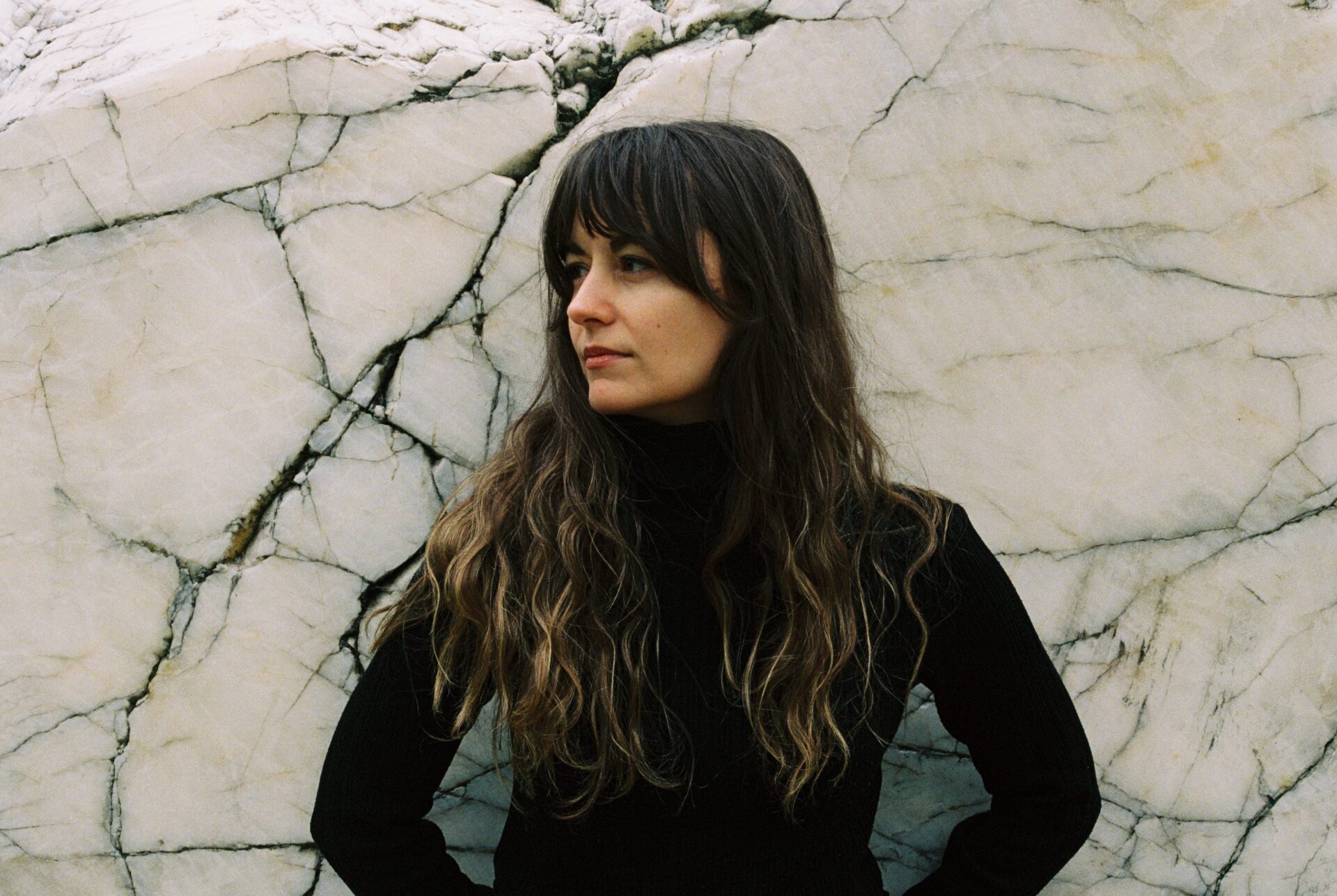Eighteen established writers, one from each city/region, were commissioned to write a chapter in a response to their Arts & Society theme within the context of their city.
Just as Ulysses is innovative in its form and language, so the writers were chosen with a view to reflecting a breadth of genres, styles and innovations. All the (new) chapters from the 18 cities/regions will be brought together in a book to be published in the Autumn 2024: ULYSSES European Odyssey.
Lana Bastašić wrote the Zurich chapter.
Writer’s Statement
Unlike Odysseus, whose homecoming is drenched in bloodbath, Bloom is not a violent man. Joyce himself detested violence, be it a drunken brawl or a world war, and so it’s only expected that his Odyssey would reach a different ending. Nevertheless, violence did find its way into the “most goddamn wonderful book.” It is no surprise that Chapter 12 (Cyclops) would be the perfect home for it, albeit in a Joycean manner. The obnoxious Citizen, blinded by nationalism and xenophobia, hurls an empty biscuit tin at Bloom. How then was I supposed to approach this episode in a country that boasts about its alleged neutrality to the point of becoming a metaphor for it? Where was the Citizen in Switzerland?
I found myself in a new city yet again, untethered and unhomed, much like my beloved Jim, unable to write or think, the pandemic entering its second year. Zurich was never really a home to me, I left before I could call it that, and so adding my two cents to this volume came with imposter syndrome: who am I to write about Zurich? But the real question is which city could I write about as my own? I left them all, starting with the place I was born in. The Citizens of 1990’s Zagreb made sure of that. So perhaps it made sense to look at Switzerland, both for its history of accepting refugees, its transitional nature, and its own hypocrisy in the face of crisis.
What I have discovered is that, if you dig deep enough, no neutrality is every truly neutral. Question it beyond its performance, and it becomes obvious that neutrality always comes from a place of privilege, a place of false bothsidesism which only benefits the oppressor. And there, on the clean, well-polished streets of the second most expensive city in Europe, I found my Citizen: traveling on the railway tracks built to transport weapons, his gilded neutrality worn like a tailored suit, paid for by $8 billion dollars in Nazi gold, he was ready to hate the new Other — the Arab.
Writer’s Biography
Lana Bastašić was born in Zagreb in 1986. She is a writer, novelist and translator. She studied English at the University of Banja Luka and received an MA in Cultural Studies from the University of Belgrade.
She has published fiction, poetry, essays and plays. Her short stories have received numerous regional awards in the Balkans, including the Ulaznica and Zija Dizdarevic. Her first novel, Uhvati zeca (Catch the Rabbit), was published in Belgrade in 2018, and then reprinted in Sarajevo. The structure of the book draws inspiration from Alice’s Adventures in Wonderland with the themes of exile and identity. It won the 2020 European Union Prize in Literature, the International Latisana Prize in Italy and was shortlisted for the NIN Award..The book was shortlisted for the Dutch European Award and longlisted for the Dublin International Literary Award. It has been translated into more than 20 languages.
She has published three short story collections Trajni pigmenti (Permanent Pigments), in 2010, Vatrometi (Fireworks) in 2013 and Mliječni zubi (Milk Teeth) in 2020. Bastašić is one of the founders of Escola Bloom literary school in Barcelona. She is the current DAAD Writer in Residence in Berlin.



